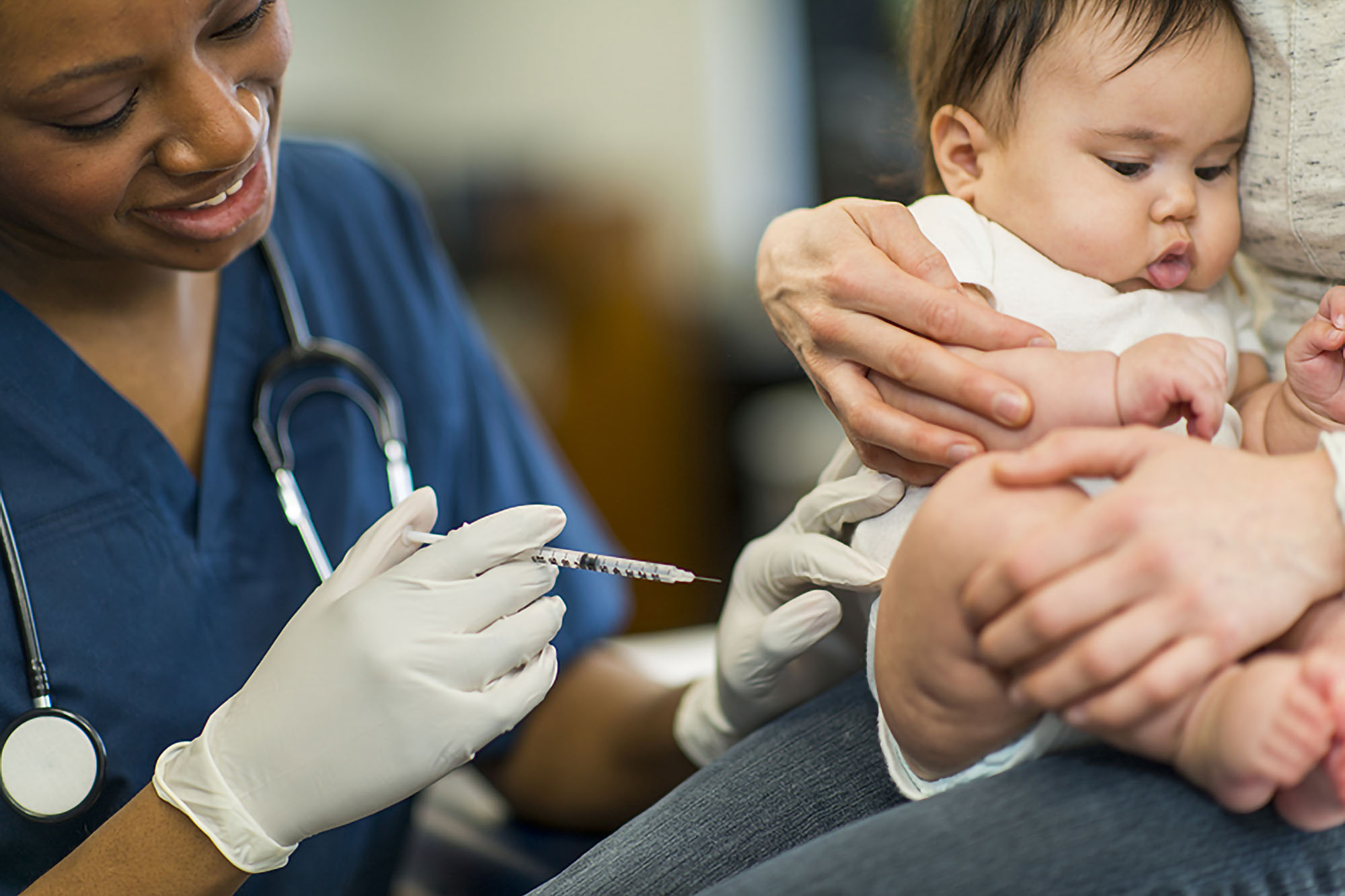
Baby Vaccination FAQs: Common Questions Answered
Vaccinations are a critical part of safeguarding your baby’s health. Here, we address the most frequently asked questions to help you better understand the process, its significance, and what you should keep in mind.
What Are Baby Vaccinations and How Do They Work?
Baby vaccinations in Singapore are medical preparations designed to boost a child’s immunity against specific diseases. These vaccines introduce a weakened or inactive form of a pathogen into the body, triggering the immune system to recognize and combat the real infection in the future. This process helps prevent illnesses such as measles, polio, and whooping cough.
The immune system develops memory cells in response to the vaccine, ensuring long-term protection without the baby needing to suffer the actual disease. For newborns and infants with developing immune systems, vaccinations provide essential defense mechanisms during their most vulnerable years.
Why Are Baby Vaccinations Important?
Vaccinations protect babies from potentially severe and life-threatening illnesses. By receiving timely immunizations, your child builds resistance to diseases that could lead to complications like pneumonia, brain damage, or death.
In addition to individual protection, vaccinations contribute to herd immunity. When a large portion of the population is immunized, the spread of contagious diseases decreases, protecting those who cannot receive vaccines due to medical conditions or age restrictions.
What Vaccinations Do Babies Need?
Babies typically follow an immunization schedule recommended by health authorities, such as the World Health Organization (WHO) or the Centers for Disease Control and Prevention (CDC). Essential vaccines for infants include:
- Hepatitis B (HepB): Protects against liver infections caused by the Hepatitis B virus.
- DTaP: A combination vaccine against diphtheria, tetanus, and pertussis (whooping cough).
- Rotavirus: Prevents severe diarrhea caused by rotavirus infection.
- Haemophilus influenzae type b (Hib): Guards against bacterial meningitis and other invasive diseases.
- Polio (IPV): Prevents poliovirus, which can cause paralysis.
- Pneumococcal (PCV13): Protects against pneumococcal bacteria responsible for infections like pneumonia and sepsis.
- Measles, Mumps, and Rubella (MMR): Combats these highly contagious viral illnesses.
What Are the Common Side Effects of Baby Vaccinations?
Most babies experience mild side effects after vaccinations. These typically include:
- Redness, swelling, or tenderness at the injection site
- Mild fever
- Fussiness or irritability
- Sleepiness
- Temporary loss of appetite
These symptoms usually resolve within a day or two. Serious side effects, such as allergic reactions, are extremely rare but should be immediately reported to your healthcare provider.
When Should Babies Receive Their Vaccines?
Vaccination schedules are age-specific and should be strictly followed for maximum protection. Key timelines include:
- Birth: Hepatitis B (first dose)
- 2 months: DTaP, Hib, Polio, PCV13, Rotavirus
- 4 months: Follow-up doses of DTaP, Hib, Polio, PCV13, Rotavirus
- 6 months: Additional doses of DTaP, HepB, PCV13, Rotavirus
- 12-15 months: MMR, Varicella (chickenpox), Hepatitis A, Hib, PCV13
- 15-18 months: Final DTaP dose

How Can Parents Prepare for Baby Vaccinations?
Preparation is key to ensuring a smooth vaccination experience. Here’s what you can do:
- Consult Your Pediatrician: Discuss your baby’s medical history and any potential concerns.
- Stay Informed: Keep a record of your baby’s immunization schedule.
- Comfort Your Baby: Bring a favorite toy or blanket to help soothe them during the appointment.
- Feed Before the Appointment: A well-fed baby is typically more relaxed.
- Dress Appropriately: Choose clothing that allows easy access to the injection site.
What Should Parents Do After Baby Vaccinations?
Post-vaccination care is equally important. Steps to take include:
- Monitor for Reactions: Watch for fever or swelling and consult your doctor if symptoms persist beyond two days.
- Use a Cool Compress: Apply a cold, damp cloth to the injection site to reduce discomfort.
- Encourage Hydration: Offer plenty of fluids to keep your baby comfortable.
- Provide Extra Cuddles: Physical closeness can calm a baby who feels unsettled.
Are Baby Vaccinations Safe?
Vaccines undergo rigorous testing and monitoring before approval. Multiple studies confirm their safety and effectiveness. The risks associated with vaccines are far outweighed by the benefits of disease prevention.
The primary ingredients in vaccines are carefully measured to ensure they are safe for even the youngest patients. Any additional components, such as preservatives or stabilizers, are included in quantities proven to be harmless.
Can Baby Vaccinations Be Delayed?
Delaying vaccinations increases your baby’s risk of contracting preventable diseases. Missing scheduled doses could leave gaps in immunity, exposing your child to severe illnesses during vulnerable periods. If you cannot make an appointment, reschedule promptly to ensure minimal delay.
Are There Any Babies Who Should Not Receive Vaccines?
Some medical conditions might temporarily or permanently contraindicate certain vaccines. For instance, children with severe allergies to vaccine ingredients or compromised immune systems due to illnesses like cancer may need alternative options. Always consult your pediatrician for guidance tailored to your baby’s needs.
What Is the Role of Vaccines During Outbreaks?
During disease outbreaks, vaccinated individuals are less likely to become infected, minimizing the spread. Timely immunizations are especially crucial in communities where outbreaks occur, as they help contain the disease and protect high-risk groups.
Final Thoughts on Baby Vaccination FAQs
Staying informed and proactive about baby vaccinations in Singapore is one of the most critical steps you can take to safeguard your baby’s health. By following recommended immunization schedules, addressing concerns with healthcare providers, and providing proper care after vaccinations, you ensure a strong foundation for your child’s lifelong well-being.


